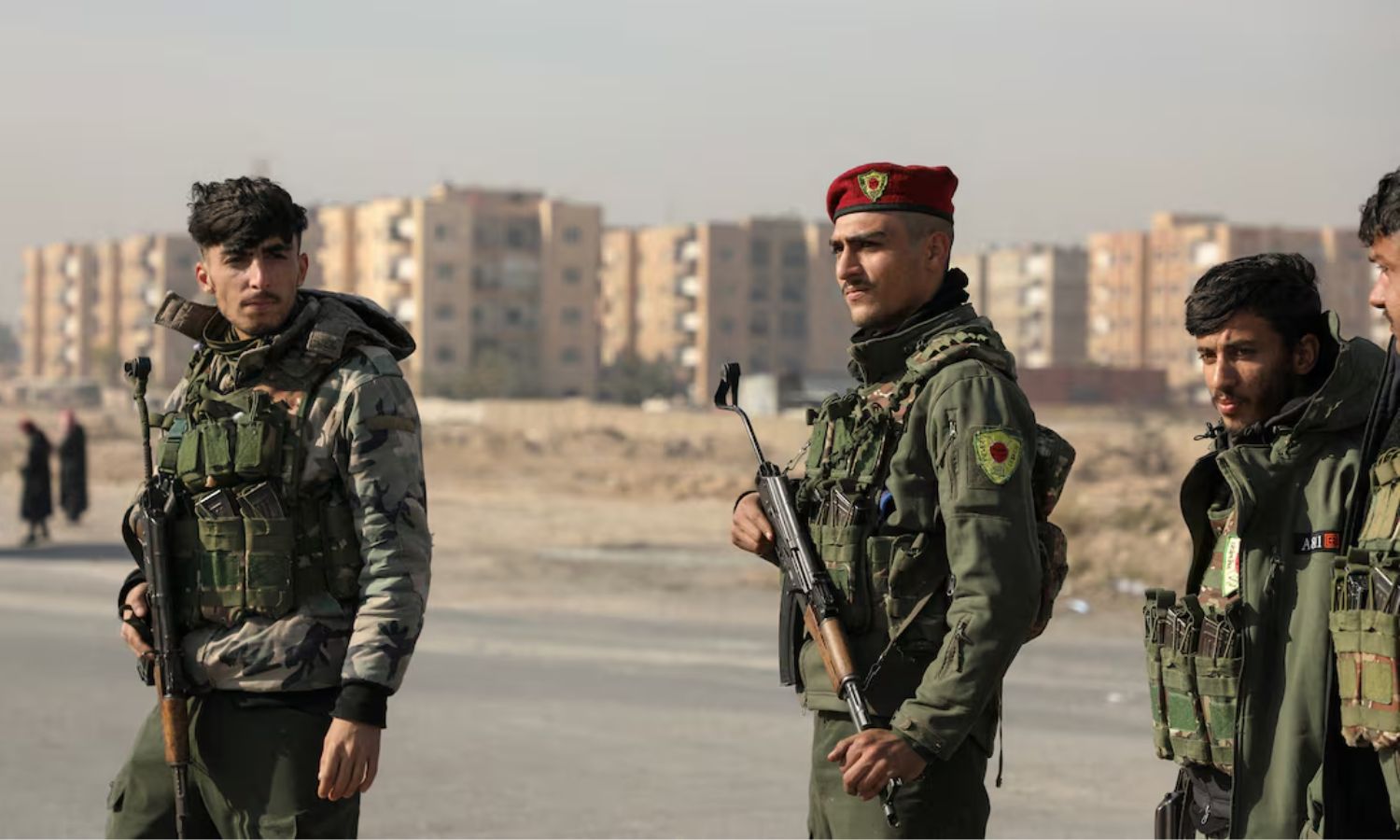



The Autonomous Administration of North and East Syria (AANES) continues to insist on its demands for decentralized governance in Syria, despite progress in agreements with the central government in Damascus.
Reuters quoted a senior Kurdish official (whose name was not revealed) on Thursday, April 10, stating that the Kurds will demand a federal system in Syria that allows for regional self-governance and security forces.
The official added that the Kurdish factions are aware that the president of Syria during the transitional phase, Ahmed al-Sharaa, opposes the vision of decentralization.
Reuters also reported, citing Kurdish sources, that competing Syrian Kurdish parties, including the Democratic Union Party (PYD), which dominates the administration in the region, have agreed on a common political vision that includes federalism.
The same sources indicated that this vision has not yet been officially revealed.
The insistence on decentralization by Kurdish components in Syria comes despite an agreement signed by the Syrian Democratic Forces (SDF), which control northeastern Syria, with the Syrian government, supported by the United States, to integrate governing bodies and security forces in the region with the institutions of the central government.
Reuters quoted Badran Jiya Kurd, co-chair of the External Relations Department in AANES, asserting that all Kurdish streams have agreed on a common political vision emphasizing the need for a “democratic, pluralistic federal parliamentary system.”
Jiya Kurd added that the core issue for Syria is “preserving the administrative, political, and cultural uniqueness of each region,” which requires “local legislative councils within the region, executive bodies to manage the region’s affairs, and internal security forces affiliated with it.”
In a previous statement to Enab Baladi, Suleiman Oso, a member of the Leadership Office of the Kurdish National Council in Syria, said that “in the coming few days,” a Kurdish dialogue conference would be announced, and there would be a joint committee among the parties specialized in inviting attendees to the conference after agreeing on the names nominated to attend.
On March 19, the Democratic Union Party (PYD) announced that a dialogue conference bringing together Kurdish parties in northeastern Syria would be held soon, following a meeting with the Kurdish National Council (KNC) in the presence of SDF Commander Mazloum Abdi.
Co-chair of the Democratic Union Party, Perwin Yousef, stated that the meeting aims to reach a common and consensual vision between her party and the Kurdish National Council and other parties, and to draw a common roadmap according to the requirements of the phase Syria is going through.
Over the years, conflicts arose between the SDF and the Kurdish National Council, ending with the council being prevented from engaging in any form of governance in northeastern Syria. Military groups loyal to the Democratic Union Party, which dominates the SDF and AANES, have imprisoned members of the council, with some still in custody today.
The parties have attempted to hold meetings and conferences to reach a consensus, the most notable being the so-called “Kurdish-Kurdish Dialogue Conference” driven by international pressure, but these meetings have not produced any significant changes on the ground, as the Democratic Union Party monopolizes governance in northeastern Syria and refuses the council’s involvement in administration.
if you think the article contain wrong information or you have additional details Send Correction